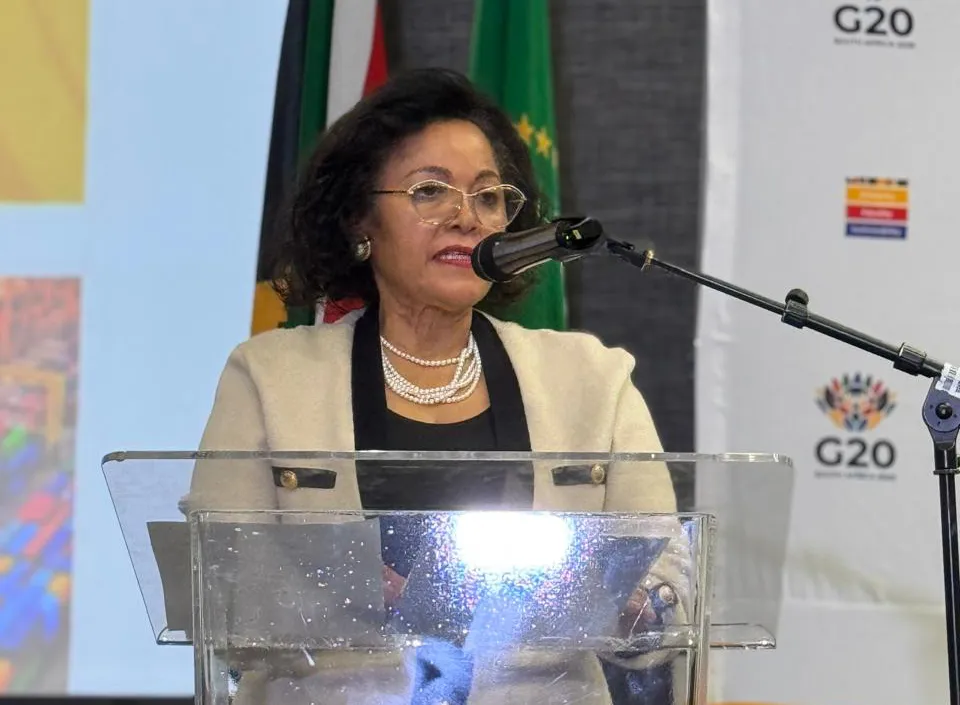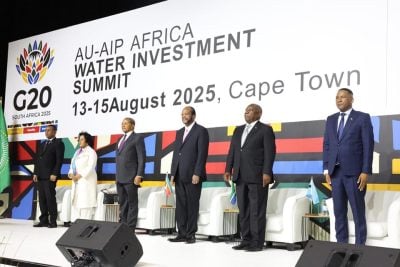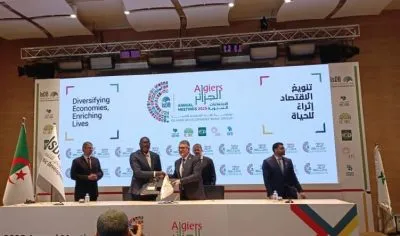This article was produced with the support of AUDA NEPAD
“We are at a crossroads of profound urgency and opportunity,” Bekele-Thomas began, highlighting the pressing need for self-reliance in pharmaceutical manufacturing. She underscored challenges such as rising protectionism and declining donor funding, which threaten Africa’s access to essential health products. However, she framed this moment as a catalyst for transformation.
Harnessing the AfCFTA for Health Sector Growth
Bekele-Thomas emphasized the potential of the AfCFTA to serve as a cornerstone for building a robust pharmaceutical industry in Africa. She declared, “The era of business as usual cannot continue. Development must be reimagined, rooted in self-reliance, economic sovereignty, and transformative investments.” The CEO called for a unified health ecosystem, addressing inefficiencies in procurement and regulation to meet the continent’s healthcare needs.
A Continent of Resilience and Innovation
Despite the challenges, Bekele-Thomas celebrated Africa’s resilience and innovation. She cited the continent’s response to the COVID-19 pandemic as a testament to its collective strength. From drone delivery systems in Rwanda to expanding telemedicine in Kenya, Africa has demonstrated its capability to address local health needs creatively.
AUDA-NEPAD’s Southern Africa Network for Biosciences (SANBio) has been pivotal in advancing natural African traditional medicine. Collaborative efforts between universities, science councils, and pharmaceutical companies have already led to significant developments.
A Vision for Self-Reliance and Economic Sovereignty
In her address, Bekele-Thomas outlined AUDA-NEPAD’s strategy to industrialise Africa’s pharmaceutical sector. This agenda extends beyond medicine production, aiming to create a continental economy rooted in dignity, resilience, and justice. Key initiatives include the 24 Priority Medical Products Initiative, which focuses on scaling up domestic production of critical medicines, and the African Medicines Regulatory Harmonization Programme (AMRH), which has streamlined regulatory processes to enable cross-border trade under AfCFTA.
Bekele-Thomas also highlighted the Programme for Investment and Financing in Africa’s Health Sector (PIFAH), aimed at mobilizing resources, fostering innovation, and advancing African-led medical discoveries.
A Unified Call to Action
“Africa cannot produce at scale if buyers are fragmented, and procurement is unpredictable,” she cautioned, endorsing the Africa CDC-led African Pooled Procurement Mechanism. Bekele-Thomas called on political leaders, financiers, and stakeholders to unite in aligning health and industrial agendas.
The CEO concluded by aligning her vision with South Africa’s G20 Presidency theme of “Building towards an inclusive and sustainable recovery.” She urged collective action to ensure that Africa’s health solutions are driven by African ingenuity and industry.
“This is our moment to ensure that the value chains powering Africa’s growth are rooted in our innovation,” she declared, leaving the audience with a resounding sense of urgency and purpose.

 Sign in with Google
Sign in with Google 



